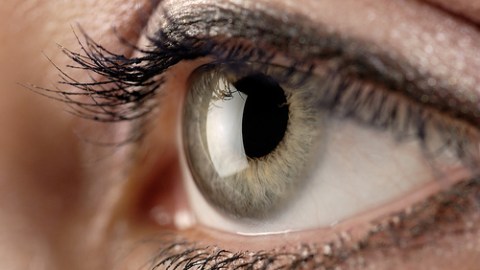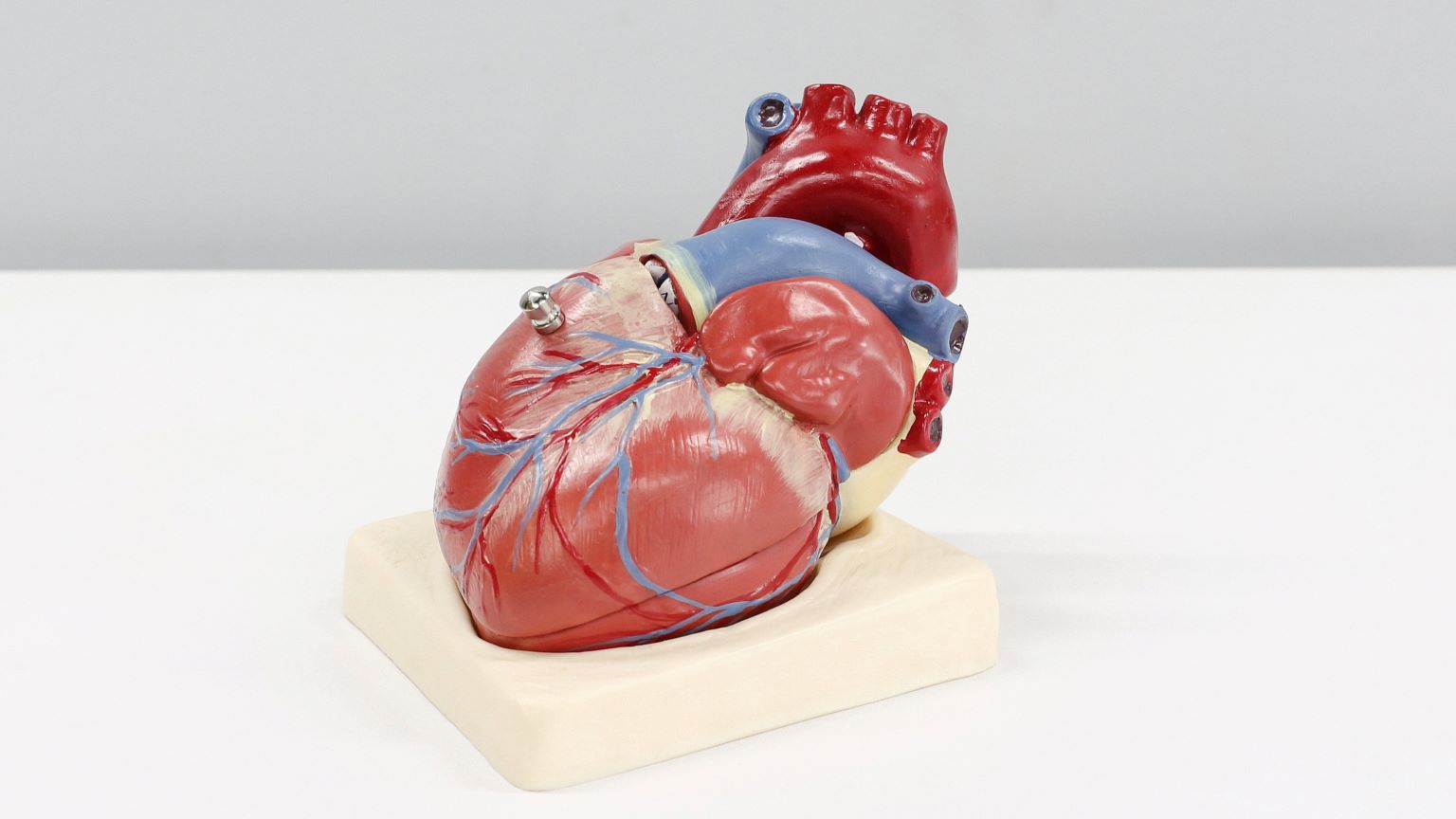Donate Organs, Save Lives

The other day I came across this article from Bloomberg News, from which I learned something that surprised me: a large black market exists for human organs, in spite of international laws banning the practice. This isn’t organ trafficking in the “waking up in a bathtub full of ice missing a kidney” sense. More commonly, the organs are obtained by organized crime syndicates targeting the desperately poor, promising thousands of dollars in quick cash. Naturally, this requires the cooperation of unethical or incurious transplant surgeons who don’t ask why a foreigner is donating a vital organ to a complete stranger. Many of the people duped into participating don’t get the money they were promised and wind up permanently disabled or dead. (See also.)
An interesting fact from that article is that most of the demand for black-market organ transplants comes from Israel. Why Israel in particular? Because although it’s a wealthy nation with a modern medical system, the rate of organ donation by Israelis is far lower than in most Western countries, and I bet you can guess why:
Rabbi Yosef Shalom Elyashiv, a leading arbiter of Jewish law in Israel, advises that donating body parts violates religious tradition, which holds that upon death, a body should be buried intact.
“It is not permitted to remove any organ,” Elyashiv, who’s 101 years old, said in a public statement in March 2008.
According to another article, Elyashiv is one of the most influential of Israel’s ultra-Orthodox rabbis. As a result of his teachings, as few as 10% of Israelis have organ-donor cards, compared to more than 30% in most Western countries. (I wonder if his views would change if he ever needed a transplant – much like Mother Teresa, who preached the virtues of suffering and poverty, but sought medical care in the most advanced and expensive clinics of the West when she personally needed it.)
Even according to ultra-Orthodox beliefs, this prohibition makes little sense. If a future bodily resurrection is the concern, it’s hard to see why a transplanted organ would cause any greater difficulty for an omnipotent god than ordinary decomposition would. But of course, we’re not dealing with an area where logic or reason hold sway. You might as well ask why kosher dietary laws label some animals clean and others unclean – why would a deity create species that he detested?
In the past, I’ve cited the story of a rabbi who cheerfully agreed that the kosher dietary laws were completely arbitrary, that that was the whole point. If there was a reason for them, people would want to know what that reason was, and would get into the inconvenient habit of asking why they should do this or that. But because the kosher laws explicitly have no justification, they teach believers the salutary habit of obedience for obedience’s sake. No doubt there’s a similar rationale behind the religious rule against organ donation.
This shows the danger of basing one’s morality on arbitrary religious precepts which have no connection to people’s life or well-being. Sometimes, as in the case of the kosher laws, they’re just a burdensome inconvenience; but often, as in this case, they result in the needless suffering and death of human beings. And because these laws are declared at the outset to be unconcerned with human welfare, their followers don’t view this as a strike against them.
But if you do care about human happiness and well-being, if you’re not fettered by baseless superstition, you have every reason to be an organ donor (or a blood donor or a bone marrow donor). The cost to you is virtually nonexistent – it’s not as if I’ll be put to any trouble by donating organs after I’ve died – and the amount of good that can be accomplished is enormous. If you’re a humanist and you haven’t signed up to be a donor, what’s stopping you? Do it today, and let’s prove by our actions that we value this world.
Image credit: Kyle May, released under CC BY 2.0 license





